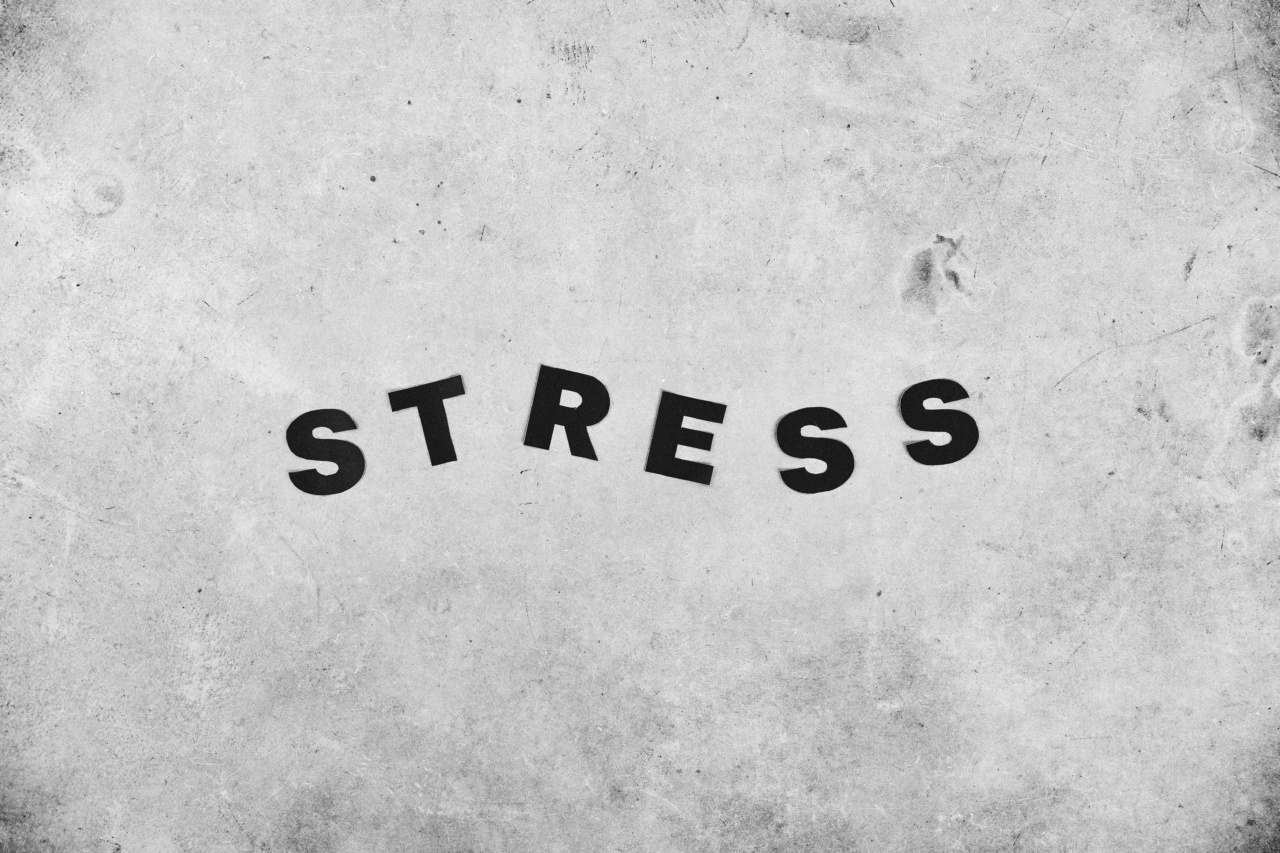Stress levels can be lowered with simple strategies. Stress is a common problem that affects many people. It can cause mental and physical problems, such as anxiety, depression, and high blood pressure.
It is, therefore, important to find ways to reduce your stress levels. We’ve compiled a list of 10 simple strategies to help you lower your stress levels.
1. Exercise Regularly
Exercise is a great way to reduce stress levels. It can help you to feel more relaxed and energized. Exercise releases endorphins in the brain which are natural stress-fighters.
A study of more than 1,000 participants published in Clinical Psychology: Science and Practice found that even low-impact exercise, such as stretching, can reduce symptoms of depression and anxiety. Find an exercise routine that you enjoy and that fits your lifestyle. Even a short walk around the block can help you feel better.
2. Practice Mindfulness
Mindfulness is a technique that helps you focus on the present moment and be more aware of your thoughts and feelings.
Practicing mindfulness can help reduce stress and anxiety, according to research in Complementary Therapies in Medicine published in 2018. Some simple ways to practice mindfulness include deep breathing, meditation, or yoga. Taking a few moments each day to simply focus on your breath can help you feel more centered and calm.
3. Get Enough Sleep
Getting enough sleep is essential for reducing stress levels. Lack of sleep can make you feel irritable, anxious, and overwhelmed. Aim to get seven to eight hours of sleep per night.
Establish a bedtime routine that helps you relax, such as taking a warm bath or reading. Avoid stressful activities right before bed, such as reading work emails or watching the news.
4. Eat a Healthy Diet
Eating a healthy diet can also help to reduce stress levels. Avoid processed foods and sugar, which can cause inflammation and anxiety.
Instead, eat foods that are rich in nutrients and antioxidants, such as fruits and vegetables, whole grains, and lean proteins. Drinking plenty of water can also help to keep you hydrated and reduce stress levels.
5. Connect with Others
Connecting with others can be a great way to reduce stress levels. Social support can help you feel more connected and less isolated, which can reduce stress. Arrange to meet up with friends or family members for coffee or a meal.
Join a local club or group that focuses on something you enjoy.
6. Manage Your Time
Time management can be a key factor in reducing stress levels. Make sure you have enough time to complete tasks without feeling rushed or pressured. Prioritize your tasks and break them into smaller, manageable steps.
Use a planner or calendar to help you stay organized and on track.
7. Practice Gratitude
Practicing gratitude can help you to feel more positive and optimistic, which can reduce stress levels. Take a few moments each day to think about something you are thankful for, such as good health or a supportive friend.
You can also write these things down in a gratitude journal.
8. Learn to Say No
Learning to say no can be a powerful tool for reducing stress levels. It can be easy to overcommit yourself and feel overwhelmed. Focus on your priorities and say no to requests or activities that don’t align with your goals or values.
9. Create a Relaxing Environment
Creating a relaxing environment can help you to feel more calm and centered. Make your home a sanctuary by decluttering, adding candles or essential oils, and creating a space for relaxation. Take time each day to sit in a quiet place and reflect.
10. Practice Self-Care
Practicing self-care is a key component of reducing stress levels. Take time each day to do something that makes you feel relaxed and happy, such as reading a book, taking a bubble bath, or going for a walk.
Focus on activities that are restorative and enjoyable.





























